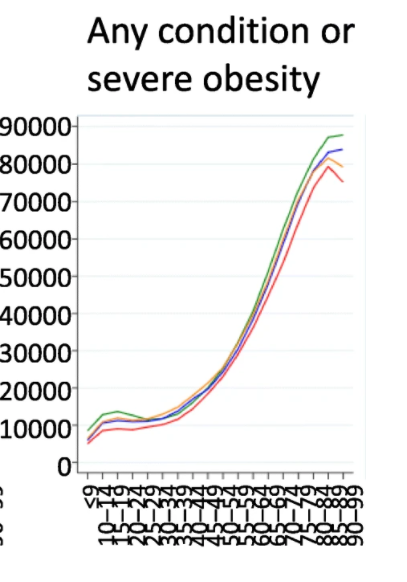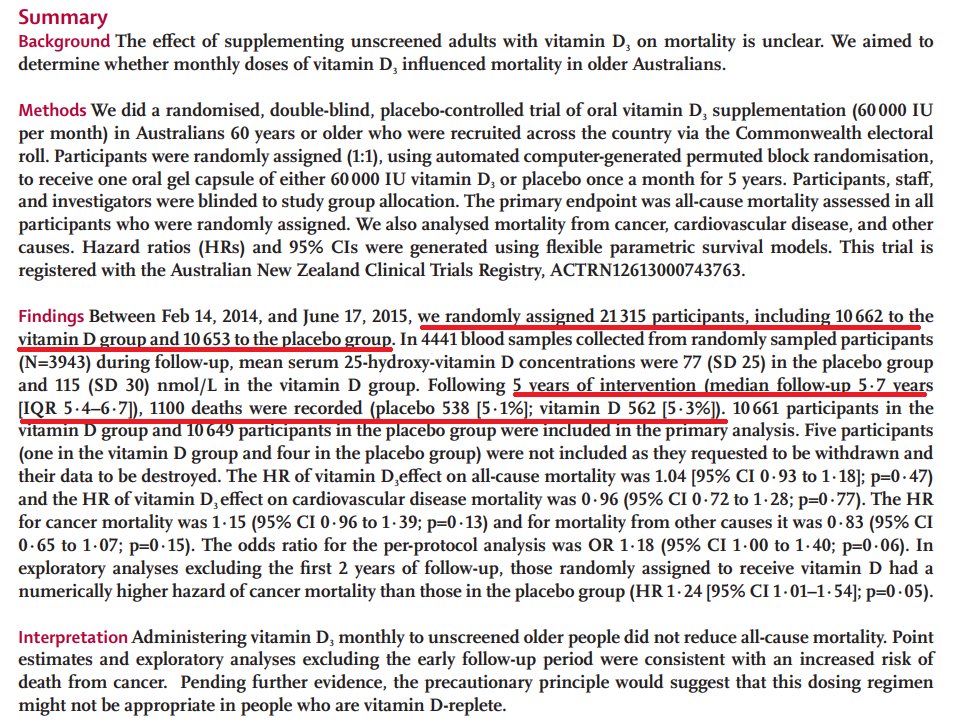
Genuinely fascinating study. The authors took a very large representative dataset, and tested a number of hypotheses about drinking and health
Basically, they found that drinking probably doesn't improve health
Basically, they found that drinking probably doesn't improve health
https://twitter.com/AndyTowersNZ/status/1495545890354122754
The study is worth reading, but the main thing that they demonstrated was that using "non-drinkers" as a reference group is very misleading. Most people who NEVER drink avoid alcohol for a reason
Indeed, the group of people who never drank, from the UK Biobank data, had higher rates of almost every chronic disease, and most likely had higher rates of unmeasured diseases too
The study found that when you compare only people who drink at least some booze to each other, there is a fairly straightforward increase in the risk of heart disease death for people who drank more booze 

HOWEVER - and this is the really fascinating part - wine was different. There was an inverse association between wine and ischaemic heart disease 

The main take-home here is that the idea that moderate drinking is good for you appears to largely be built on using never/non drinkers as controls, and once you stop doing this any benefits to drinking largely disappear 

For wine specifically, there seem to be two main possibilities:
1. Alcohol is harmful, but wine has some benefit for ischaemic heart disease so it evens out
2. Wine is a marker for other social issues, and it is hard to disentangle this relationship
1. Alcohol is harmful, but wine has some benefit for ischaemic heart disease so it evens out
2. Wine is a marker for other social issues, and it is hard to disentangle this relationship
Anyway, the study itself is pretty impressive, and although certainly not definitive (there are as ever numerous limitations) quite a convincing paper on drinking and health
• • •
Missing some Tweet in this thread? You can try to
force a refresh












